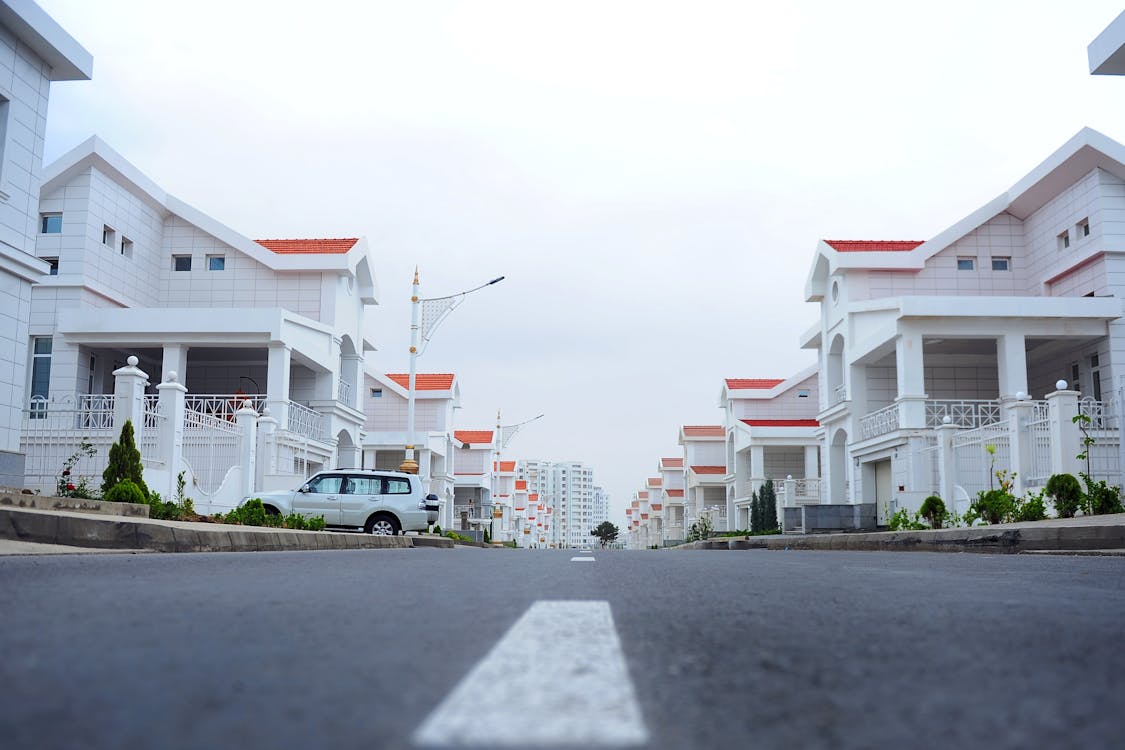Unpacking and Organizing Your Space
Start with the essentials. Focus on unpacking your kitchen, bathroom, and bedroom first. These rooms are critical for daily routines, so having them set up will reduce stress. Keep boxes for other rooms stacked neatly, and tackle them when you can.
Arrange furniture in a way that feels natural for your day-to-day life. Think about flow—how you move from one room to another. It’s okay to try different setups until you find what works best. Use bins, baskets, and drawer organizers to keep things in place as you unpack. This will help avoid clutter and make your new space feel more like home.
Change of Address and Utility Set-Up
One of your first tasks is updating your address. Notify the post office, banks, credit card companies, and any subscription services. This helps ensure that important mail reaches you.
Next, set up your utilities. Contact local providers for water, gas, electricity, and trash services. It’s a good idea to do this a few days before moving in. That way, everything is ready when you arrive. Consider adding home security, especially if the neighborhood is new to you. A security system can bring peace of mind during those first few nights in a new place.
Financial and Maintenance Considerations
Setting Up a Home Maintenance Schedule
Regular home maintenance is crucial for keeping your home in top shape. Start by creating a seasonal checklist. In spring, check the HVAC system and clean out gutters. In summer, inspect your roof and exterior for any damage. Fall is the time to service your heating system and clear out those gutters again. During winter, check pipes and seal any drafts to keep your home warm.
A home maintenance schedule helps you stay on top of small issues before they become big problems. Consider creating a digital or physical calendar to remind you of tasks. If you prefer, hire professionals for jobs like HVAC servicing or gutter cleaning. Many homeowners find that a home warranty can also provide peace of mind. It covers major appliances and systems, helping to avoid costly repairs.
Reviewing Home Insurance and Budgeting
Now that you’re a homeowner, reviewing your insurance policy is key. Make sure it covers potential risks like natural disasters or theft. If you need more coverage, talk to your insurance agent about adjusting the policy.
Homeownership also means adjusting your budget. Monthly expenses now include property taxes, homeowner’s insurance, and maintenance costs. Set aside a portion of your income each month to cover these new expenses. If possible, build an emergency fund for unexpected repairs. A leaking roof or broken furnace can happen when you least expect it, and having savings will ease the burden.
Understanding Local Regulations and Community Rules
Learning about local regulations helps you avoid unexpected issues. If you live in a neighborhood with a Homeowners Association (HOA), read their rules carefully. HOAs often have guidelines about exterior paint colors, landscaping, or even parking. Following these rules can prevent fines or disputes.
Additionally, familiarize yourself with local ordinances. These may include noise restrictions, trash collection schedules, and building permit requirements. Understanding these rules makes your transition to the new area smoother. Being aware of what’s allowed ensures that any changes you make, like adding a fence or a garden, align with community standards. It’s better to be informed than to deal with issues later.
Settling into Your Community and Long-Term Planning
Getting to Know Your Neighbors and Community
Building connections with your neighbors can make a big difference in feeling at home. Start by introducing yourself to the people next door. A simple hello or a friendly chat can go a long way. Being friendly creates a sense of security and community, making your neighborhood feel like a true home.
Consider joining local events or community groups. Many neighborhoods have social gatherings, volunteer opportunities, or local markets. These activities are great ways to meet more people and learn about what’s happening around you. Additionally, online platforms like local Facebook groups or apps like Nextdoor can keep you informed about events, safety updates, and recommendations for local services. Engaging with your community helps you feel more connected and comfortable in your new surroundings.
Home Improvement and Customization
Personalizing your space can make it feel more like your own. Start with small, manageable projects that fit your budget. Painting a room, updating light fixtures, or adding new curtains can make a big impact without much cost. These changes can refresh your home and add your personal style.
Consider enhancing your outdoor space, too. Simple improvements like planting flowers, adding a small garden, or setting up outdoor seating can create a welcoming atmosphere. When planning projects, think about upgrades that might also increase your home’s value, like installing energy-efficient windows or updating kitchen appliances. Small improvements can add comfort now while offering a return on investment later. Prioritize projects based on your budget and your lifestyle needs.
Long-Term Planning and Future Goals
As a new homeowner, it’s wise to think about long-term plans for your property. Consider projects like energy-saving upgrades, which can reduce your utility bills over time. For example, adding insulation or installing a smart thermostat can make your home more efficient.
Keep an eye on your home’s value by tracking the real estate market in your area. Understanding trends can help you decide when to refinance or make major improvements. If selling in the future is a possibility, focus on upgrades that appeal to buyers, like a modernized kitchen or a well-maintained yard.
Setting goals for your home helps you stay organized and make the most of your investment. Whether it’s building equity or creating your dream space, a little planning now can go a long way in ensuring a smooth, successful homeownership experience.
